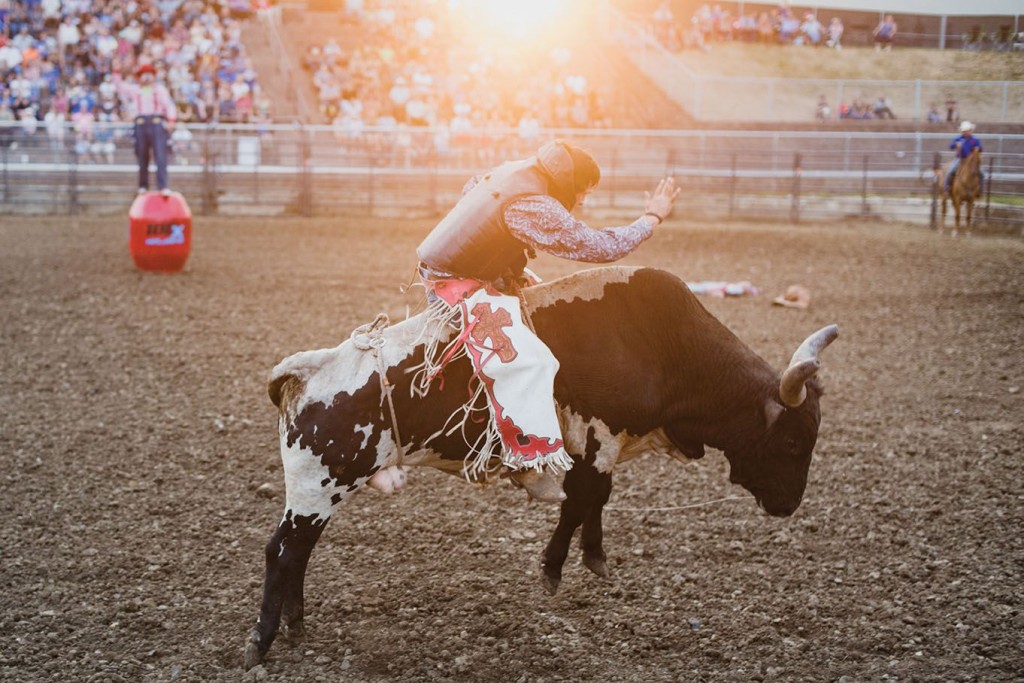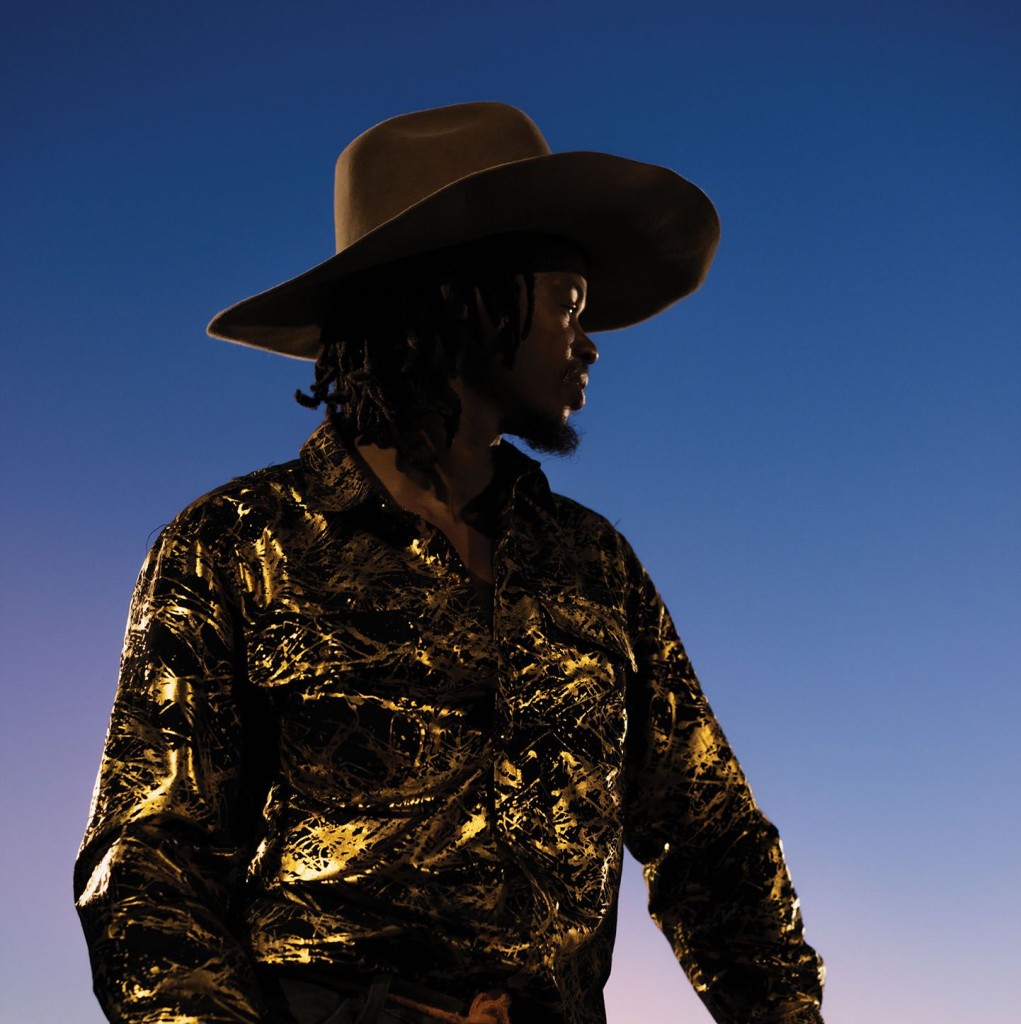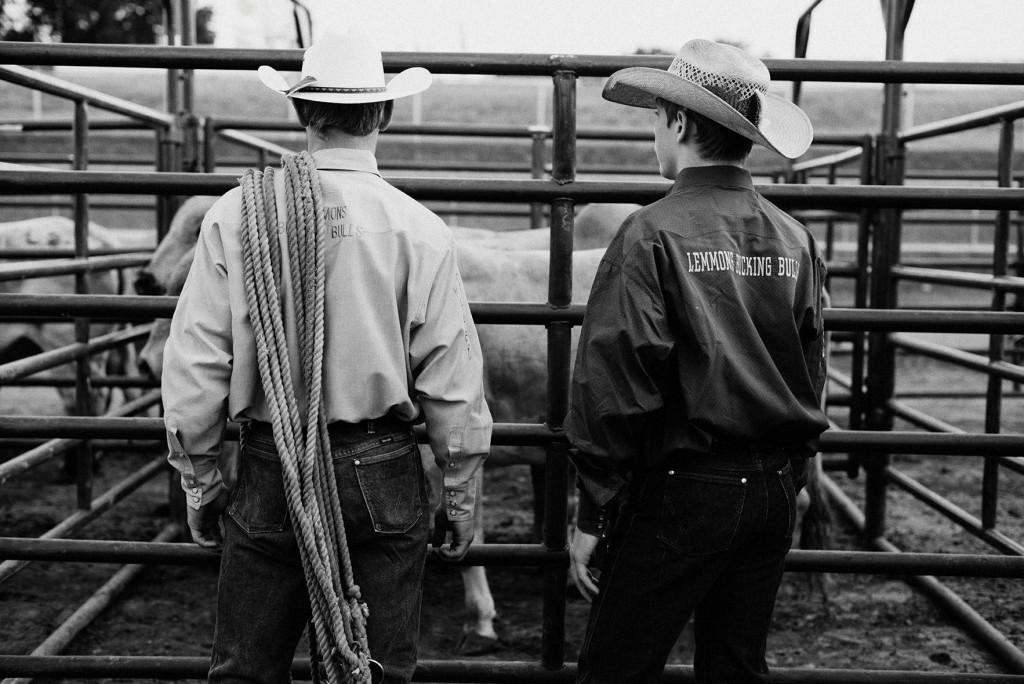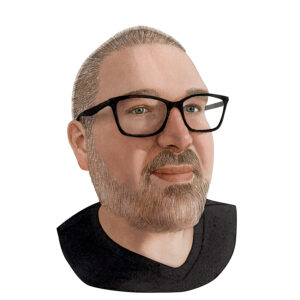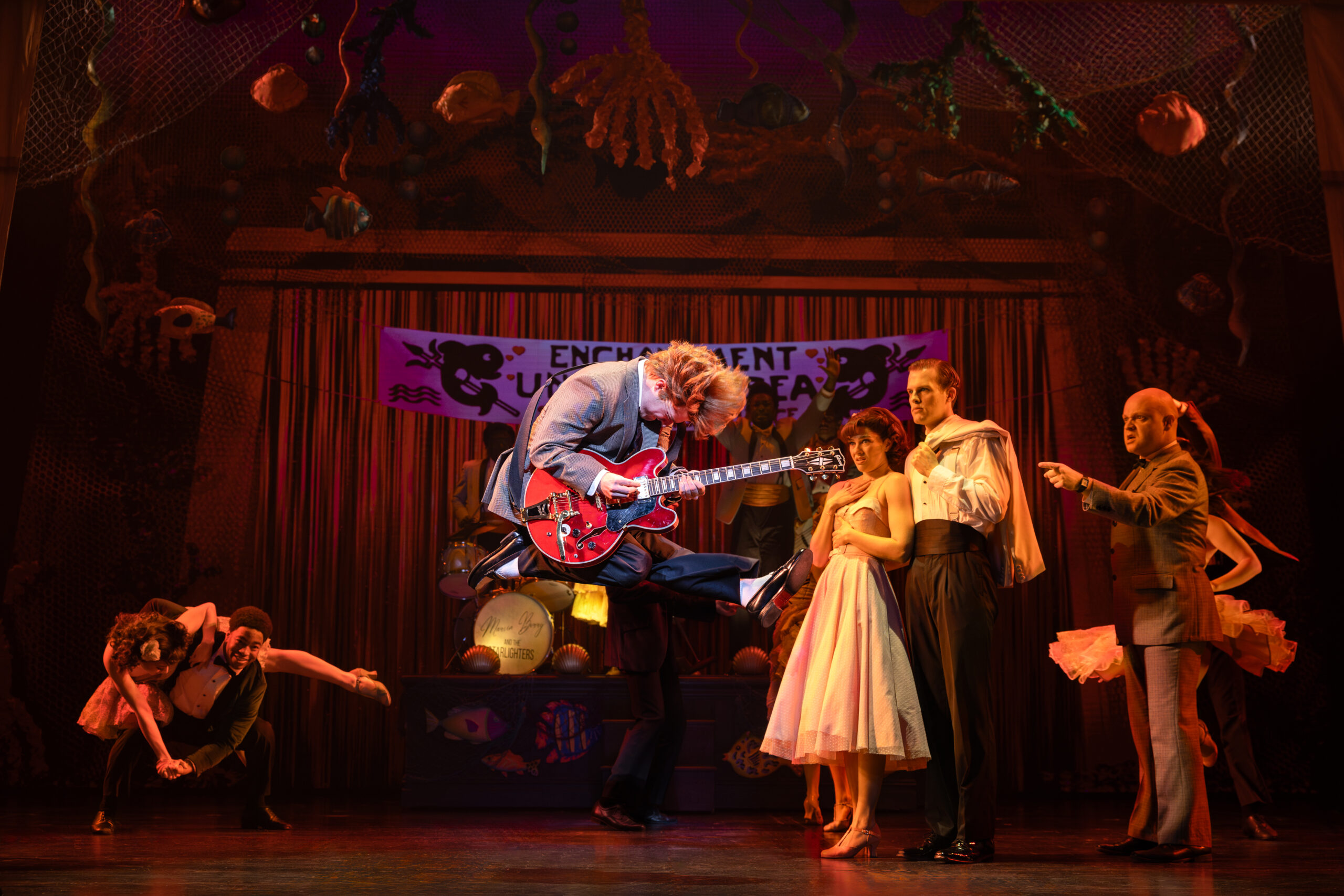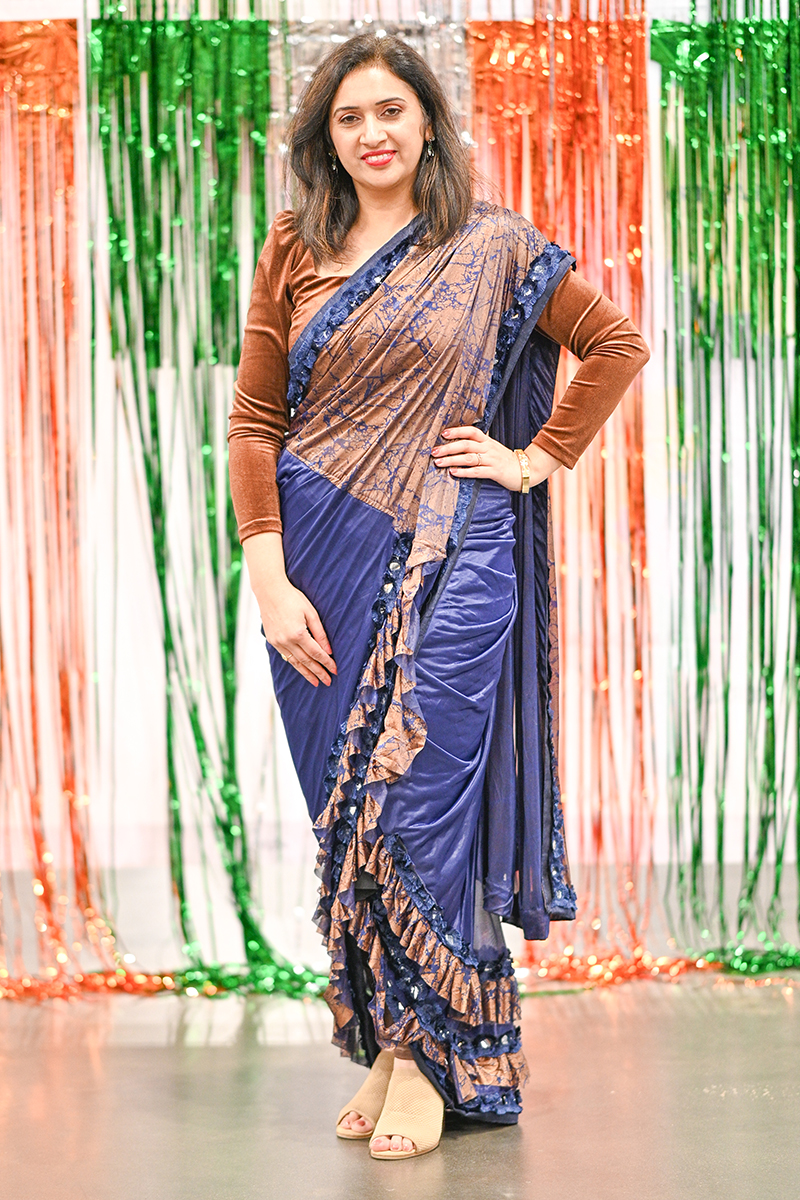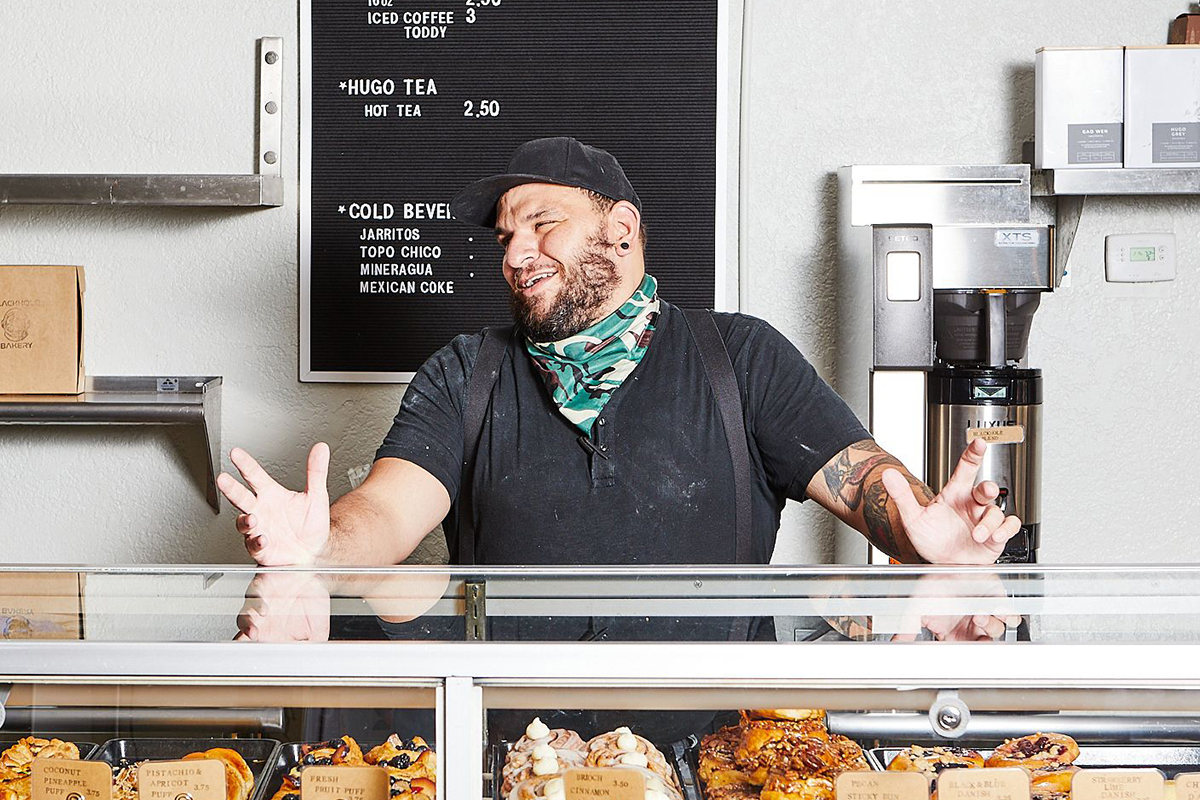All photos taken by Shawn Brackbill. See more on his website.
For many small towns in the West, the biggest weekend of the year is the annual local rodeo. It’s something folks look forward to all year in places like Phillipsburg, Kansas, or Pendleton, Oregon, or Cheyenne, Wyoming.
Most of these events have been canceled in the wake of the coronavirus pandemic, bleeding out already-fragile small-town economies and leaving cowboys who train hard for an eight-second ride on a bucking bull without a chance to compete for glory and prize money.
Brandon Betsworth counts himself as one of the lucky ones. As a bull breeder and rodeo organizer responsible for some of the largest events near KC—he’s done events at the fairgrounds in Leavenworth and Douglas counties—he’s had to shut it down for the season. But he feels lucky to have his day job, a lawn care company.
“Cowboys are itching to ride,” he says. “I’ve gotten more calls this year than ever before.”
Those calls are coming from all over, as Betsworth has made a point of recruiting a diverse array of riders for his events. His participants come from places around the world, from Wichita to Texas to Brazil.“I’ll tell you, it’s not just a white man’s sport,” Betsworth says. “I like seeing all the different cultures at the event. I try to build a good, strong relationship with the guys.”
Among those cowboys who normally ride in Betsworth’s events is Garfield Wilson III of Wichita. “It’s a nice fan base up there in Lawrence, so it’s a nice event,” Wilson says. During the pandemic, Wilson has been able to get into more PBR events—the top tier of the sport. He recently got into a PBR event in Stanford, Texas, with a live, mask-less crowd.“You just have to know the right people and find the right people,” he says.
Wilson is Black and points to a long history of Black cowboys—historians estimate a quarter of all cowboys were Black, despite the demographics depicted in John Wayne movies.
“The Black cowboy has been around a long time,” Wilson says. “Sometimes we don’t get the recognition. The next generation is already coming up.”
Betsworth, who aims for diversity at his competitions, will likely be looking to offer slots to some of those young Black riders. Betsworth specializes in bull riding events, traditionally the culmination of a rodeo that features contests like roping and barrel racing. “Bull riding is always a sport people are itching to watch,” he says. “If you go to a rodeo, that’s the thing everyone’s waiting around for, so we try to give them a good full two or three hours of bull riding.” Betsworth’s events also feature the kiddie version, mutton busting, where preteens try to ride bucking sheep.
“I do that to involve the families,” he says. “When you have mutton busting, you’re bringing out grandma and grandpa, moms and dads, everybody.”
Betsworth has been fascinated by bucking bulls since he was a kid living on a farm. He tried riding once, when he was eighteen, and decided that wasn’t for him. Instead, he raises the animals and organizes the events. Some of his bulls are featured at the events while others are brought in from competing breeders.
“I had one guy who’d been a PBR rider ride one of my bulls and say, ‘That’s one of the nicest bulls I’ve been on,’ and he got bucked off, so that was a pretty high compliment,” Betsworth says.

